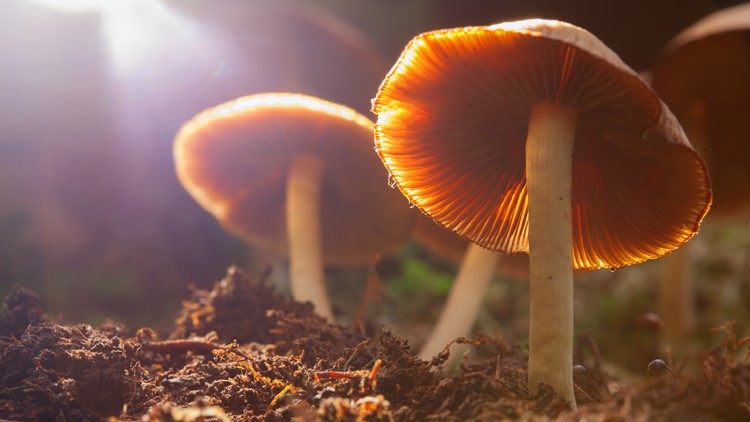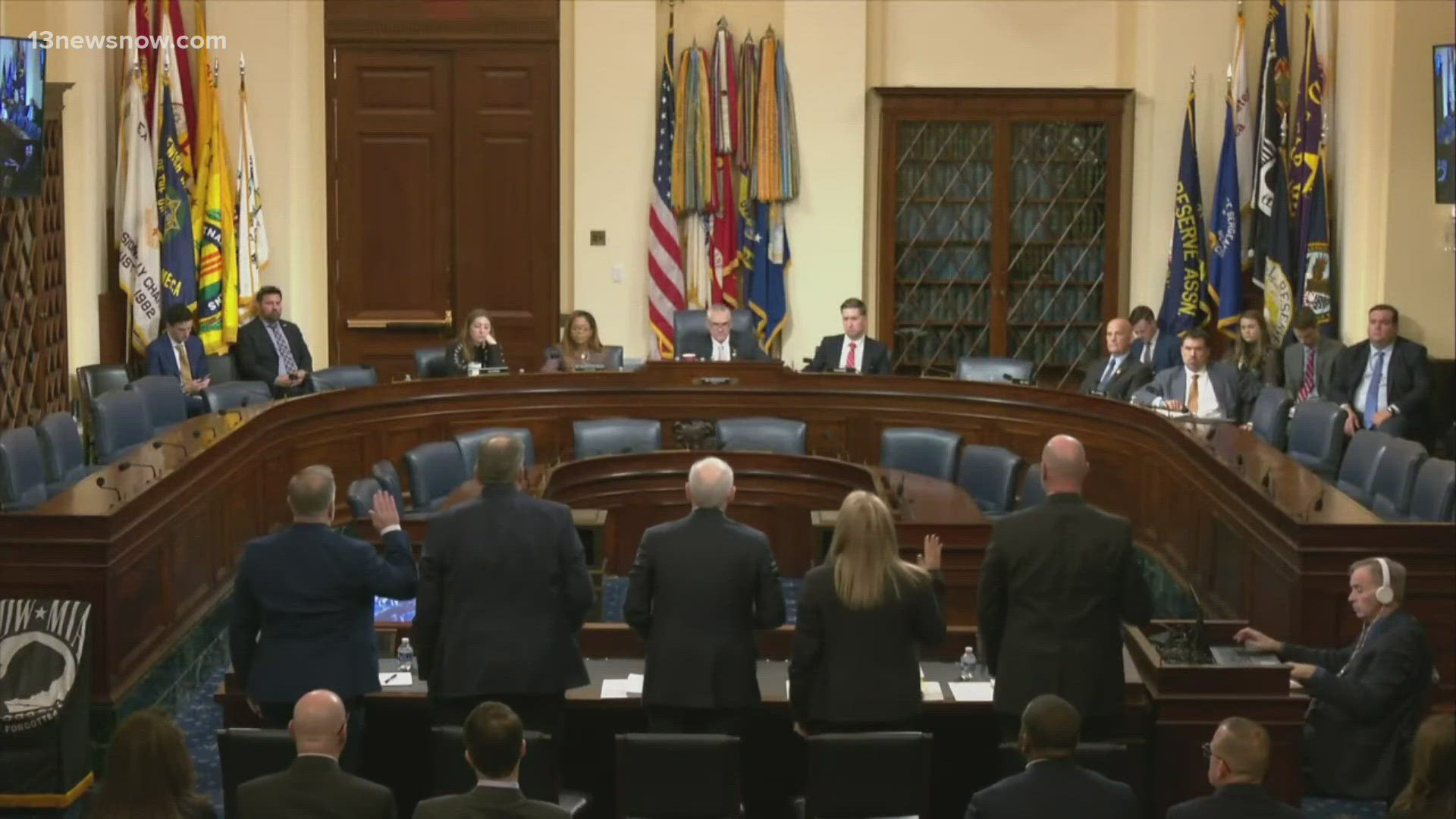CHARLOTTESVILLE, Va. — In the time since several states and cities decriminalized psilocybin, poison centers have seen a "particularly alarming" uptick in reports of the hallucinogen involving adolescents and young adults, according to a study from the University of Virginia (UVA) School of Medicine.
Between 2018 and 2022, data from the National Poison Data System shows calls related to psilocybin, commonly referred to as "magic mushrooms," tripled among teens between ages 12 and 19. Further, calls among individuals ages 20-25 doubled.
“It is markedly concerning to me that children are gaining access to these products,” said Christopher Holstege, MD, director of UVA Health’s Blue Ridge Poison Center and chief of the Division of Medical Toxicology at the UVA School of Medicine.
The influx of calls came after 2019 saw a push at both local and state levels to decriminalize the possession and use of magic mushrooms. Along with Oregon and Colorado, the cities of Washington D.C., Detroit, and Seattle have also decriminalized psilocybin.
Meanwhile, researchers note that the rate of psilocybin-related calls poison centers received between 2013 and 2018 was "largely unchanged" for individuals ages 13-25.
Of the psilocybin-related calls poison control has received in 10 years, researchers say individuals involved have overwhelmingly been involved in the intentional consumption of magic mushrooms.
Nearly 75% of the calls for teens required medical attention, while researchers say 72% of young adults had to seek medical help. The most common symptoms included hallucinations or delusions, agitation, an abnormally fast heart rate, and confusion.
“As psilocybin may become more widely available, it is important for parents to be aware that psilocybin is also available in edible forms such as chocolate and gummies,” said Rita Farah, PharmD, MPH, PhD, the Blue Ridge Poison Center epidemiologist. “And we learned from our experience with edible cannabis that young children can mistake edibles for candy.”



